The Curator independently decides what topics and products we feature. When you purchase an item through our links, we may earn a commission. Promotions and products are subject to availability and retailer terms.
After the long days of winter, the first sign of spring is a breath of fresh air. Overcast days transition into hours of sunshine and blue skies, bird songs return, and new buds begin to pop up and blossom. Our moods begin to lift as we spend more time outdoors to enjoy the warm weather.

But for many Canadians, springtime is also synonymous with seasonal allergies, which can range from mild congestion to chronic coughing, sneezing, and itchy, watery eyes that can be unbearable.
Thankfully, along with antihistamine medications, there are several of ways to help manage allergy symptoms, including with some natural aids.
We spoke with Dr. Tanya Lee, a naturopathic doctor in Toronto, who shared insights on the relationship between the gut microbiome and allergies, and common nutraceuticals used to help keep symptoms at bay.
The link between seasonal allergies and gut health
Our gastrointestinal tract, otherwise known as the gut, influences our entire immune system and so when gut health is compromised, it can contribute to inflammation that can manifest into a myriad of conditions, including seasonal allergies.
“Your [gut] microbiome can influence the way the immune system may react to allergens, foods, whatever it is that person might be sensitive to,” says Lee. The more regular and severe the symptoms, the more possibility there may be a link to gut imbalance.
Examining why the immune system may be more hypersensitive, and treating the root cause, may help prevent bothersome allergic reactions from occurring. Lee says that one method that may help prevent or reduce symptoms is to take note of the type of allergens that you are reacting to, and then remove cross-reactive foods from your diet. For example, if someone has a birch pollen allergy, it may be helpful for them to avoid cross-reactive foods like apples and almonds.
Natural ways to help manage seasonal allergies
Suppose you’re considering managing allergy symptoms with nutraceuticals. In that case, it’s always best to consult a naturopathic doctor for individualized recommendations based on your unique needs, for contraindications, and particularly if taking other medications or supplements to avoid adverse effects.
Here are some of the nutraceuticals commonly used to help manage seasonal allergies. And note, we’ve paired each remedy with a product suggestion that The Curator independently sourced.
Quercetin
You may have already heard of the benefits of quercetin, including its anti-allergic effects. Quercetin is a natural antihistamine and antioxidant that has been shown to help reduce inflammation and inhibit the release of histamine. Lee typically recommends taking quercetin at least two weeks before allergy season is expected to start.
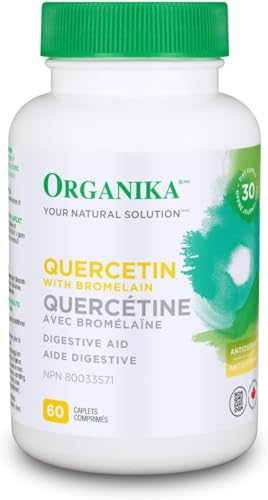
The combination of quercetin and bromelain work together to increase absorption and inhibit histamine response. Organika uses vigorous third-party testing for quality assurance of their products, including Health Canada-specific parameters relating to heavy metals, pesticides, micro-contaminants, and algal toxins.
Honey
It makes sense that honey may help with some pollen allergies. Honey can be used as an immunotherapy treatment to improve tolerance to certain allergens. Consuming small doses of local honey may help as a complementary tool in the overall prevention and treatment of allergy symptoms.
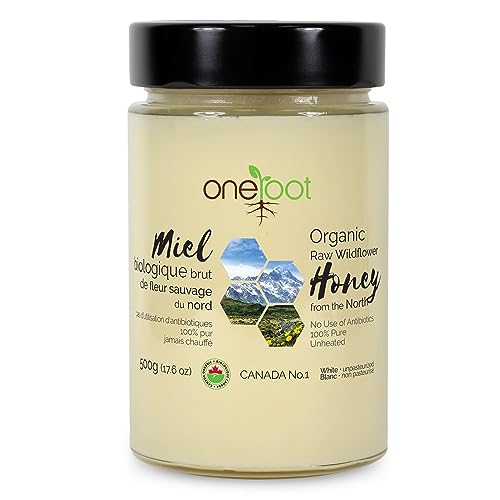
Made in Canada, Oneroot Honey is a premium honey product bottled sustainably from the purest of sources in the Canadian wilderness. They are the only North American brand that bottles 100 percent natural, antibiotic-free and chemical-free honey.
B Vitamins
B vitamins play essential roles in various bodily functions. Vitamin B6, Vitamin B12, and folate, in particular, can help with histamine metabolism and immune system function to help reduce reactions.

Made with high-quality ingredients and tested for potency and purity, these B-complex vitamins by this premium brand include the necessary B vitamins to help keep allergy symptoms at bay.
N-Acetyl Cysteine (NAC)
NAC, or N-acetyl cysteine (trying saying that fast five times!), is the supplement form of the amino acid cysteine, which aids in antioxidant defense, detoxification, and immune function. One great benefit of NAC is that it acts as a decongestant by breaking down and thinning mucus.
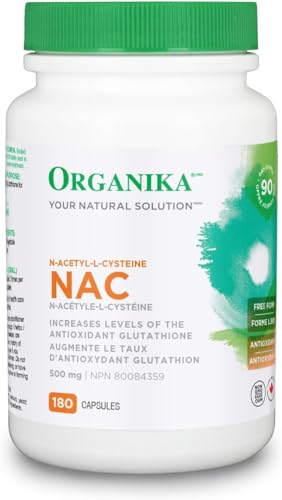
Free of common allergens and non-GMO, this premium supplement can help enhance the immune system and reduce allergy symptoms. Bonus: It also provides antioxidants to support healthy skin, tissues, and organs.
Nettle Leaf
Looking for an herbal alternative to decongest? Nettles have long been used in traditional herbal medicine to help alleviate nasal congestion and sneezing and reduce inflammation in the nasal passages. Bonus: Nettles are also rich in quercetin to help inhibit histamine release.

If you’re new to trying nettles, a low dose option in the form of a tea may be just the ticket to help ease you into its herbal properties. Steep and then chill, adding a bit of honey, mint and lemon slices, to turn it into a flavourful iced tea.
Perilla Seed
Rich in antioxidants and containing anti-inflammatory properties, this traditional herbal medicine has been used for anti-allergic effects and may help regulate histamine release and response.
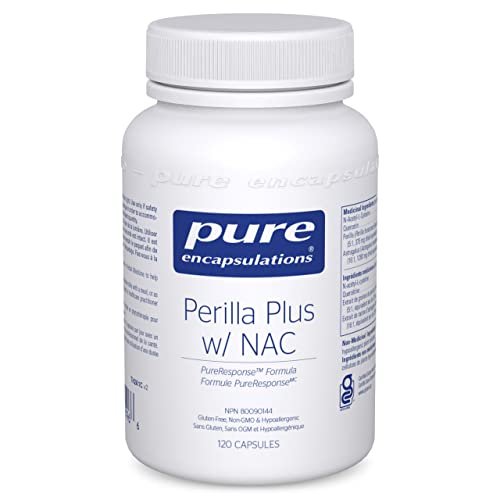
This supplement packs a 3-in-1 punch with perilla seed extract, along with NAC and quercetin for optimal effect.
Astragalus
This herb traditionally used in Chinese Medicine has been commonly used for stress reduction – which can trigger inflammatory responses – as well as respiratory health, including relieving symptoms of nasal congestion, sneezing, and coughing.
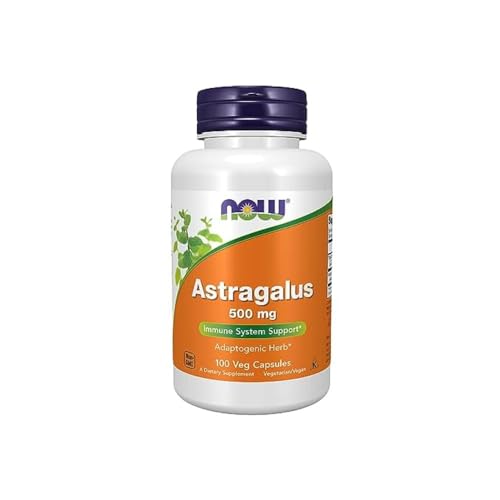
A natural herb supplement to support your body’s defenses, keep your respiratory system in balance, and help build your body’s resilience.
Eyebright
Watery eyes getting in the way of your daily functioning? Eyebright may help. The anti-inflammatory herb is commonly used alongside other allergy treatments to help with eye irritations, including pollen.
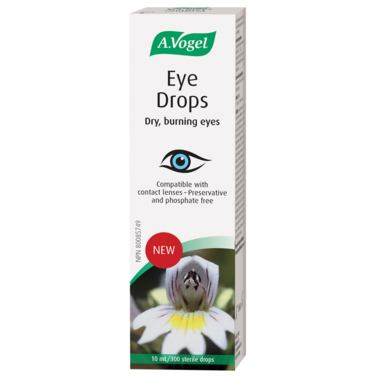
A natural eye drop with eyebright that is contact lens-friendly and helps treat red, irritated and inflamed eyes.
Vitamin D
If you don’t have healthy Vitamin D levels, your immune system won’t function very well. And since allergies is an overactive immune response to substances, adequate Vitamin D levels that help balance the immune system may help reduce allergy symptoms.
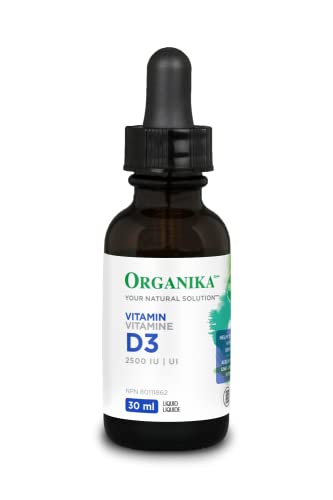
Ensure you’re getting enough vitamin D with this quality supplement by Organika. The liquid product is high potency, more easily absorbable and non-GMO.
© 2024 Global News, a division of Corus Entertainment Inc.




